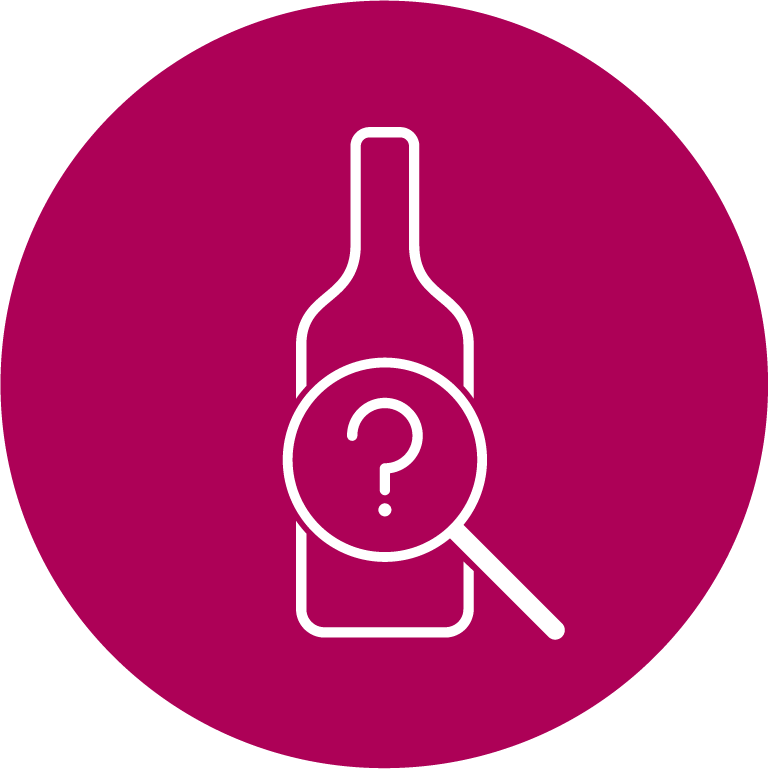The letter “K” proved slightly problematic, but then I remembered, a while back when I was working for a major wine merchant who had just taken on an Israeli producer, it was while doing the marketing for those wines that the question of ‘Kosher’ came up.
To anyone of a certain age, the very mention of Kosher wine would invariably be met by a shudder as they were almost always considered utterly awful. But times have changed, and things have improved considerably now, with almost all major wine producing countries now producing some Kosher bottlings.
The main thing to note is that the processes involved in the production of the wine are the same whether for Kosher or non-Kosher wines. For this I mean in terms of the mechanics of actually growing and harvesting the grapes, their fermentation and the various vessels used for ageing ie barrels or tank etc.
However, there are a few ‘regulations’ that need to be adhered to in the vineyards and winery for a wine to be considered Kosher:
- It can only be handled by religious Jews, (this includes all the winemaking equipment too) from the moment the grapes arrive at the winery.
- Only Kosher ingredients/items can be used, from the barrels, to the yeasts. As a consequence, Kosher wines are suitable for vegetarians and in most cases vegans. Why? Well it’s essentially down to the fining agents used – they don’t use any that contain animal derived substances – see ‘V’ for Vegetarian/Vegan wines in a future post.
Ensuring a kind of purity I suppose, which is apt given the word “Kosher” is derived from the Hebrew word meaning ‘pure’.
It’s also worth noting that Kosher wines that are made in Israel are subject to additional ‘agricultural’ regulations which date back to Biblical times.
- Not to use fruit from the vine for wine for the first three years after planting (which in practice happens a lot anyway in the global wine producing world!)
- Every seventh year, the fields are to be left fallow. In practice this doesn’t make any economic sense so generally winemakers choose to honour the concept of the ‘sabbatical’ year (Shmita) by marking the year and pruning differently.
- 1% of the wine is to be poured away in remembrance of an historic/biblical ‘tithe’ that used to be paid. This is another regulation which remains largely symbolic.
Top tip – A Kosher wine will be certified with the Hechsher, a rabbinical mark on the label which resembles the letter ‘U’ in a circle. (Note though, even in Israel, not all wines are ‘certified’ Kosher).
So you can see, in reality Kosher wines aren’t that different to any other wines, however, there is a “but”, and this “but” has everything to do with the poor reputation Kosher wine has had for years – the controversial process called Mevushal which follows stringently the Kashrut (dietary) laws.
Mevushal is translated as ‘cooked’ or ‘boiled’ and as the name suggests the wine is quite literally cooked – its not quite boiled to be fair (at least not any more!) – just flash pasteurized to 80oC. Why? you might well ponder, well essentially the concept behind this process is that once flash pasteurized, the wine is able to remain ‘sacred’ even if it is served by non-Jews. There are many who feel this process seriously damages the wine, others believe it improves it, I will leave that as a question of ‘taste’. It should be noted that Mevushal processes have improved considerably these days, although it’s also worth noting many high quality Kosher winemakers still choose not to carry it out.
Who produces Kosher wines? While the majority of wines will be from Israel, there are increasing numbers of producers globally, for example Baron Herzog from the USA. As I noted at the beginning of this blog, many other wine companies will also release a selection of wines that conform to Kosher requirements including big names such as Champagne Barons de Rothschild, Laurent–Perrier and Chateau Smith Haut Lafitte.
Ok, that’s “K” taken care of, next up “L” is for Lambrusco.
